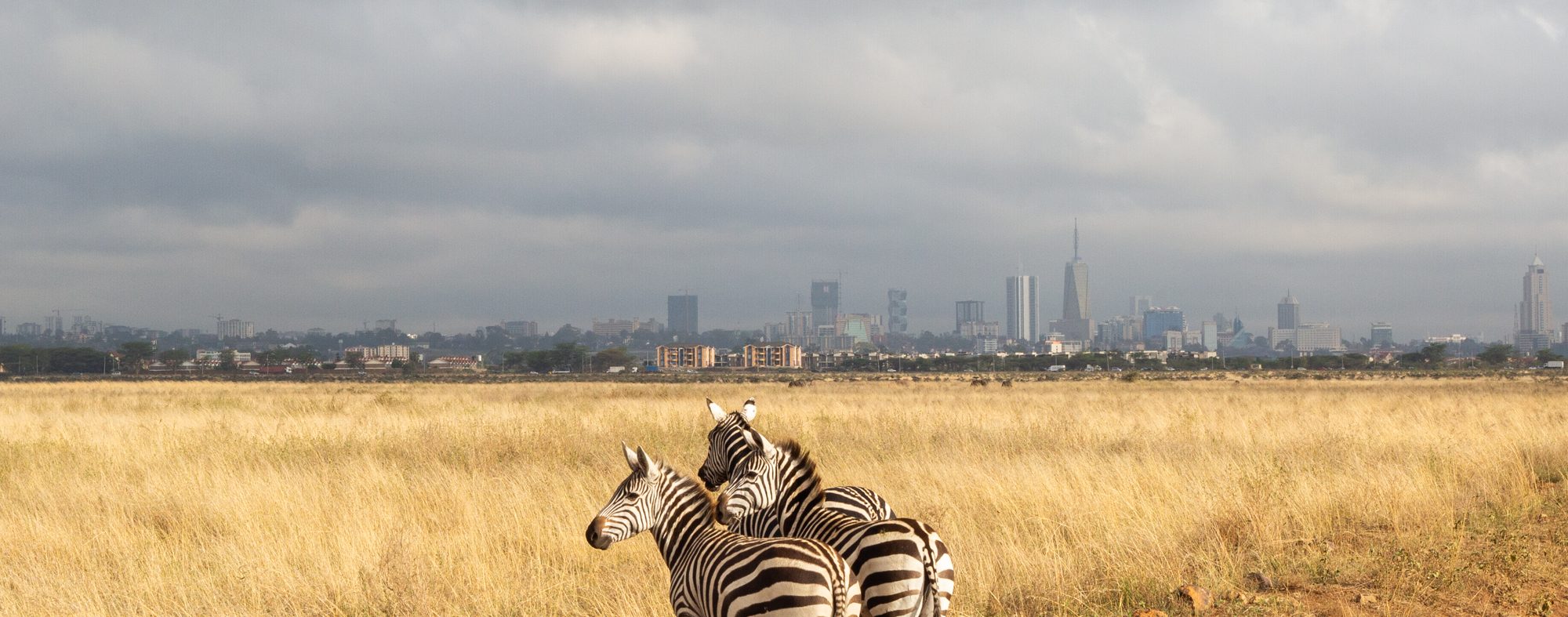The Republic of Kenya continues to be one of the most dynamic economies on the African continent.
In a context characterised by increasing macroeconomic pressures, strained public budgets and a reduction in Official Development Assistance (ODA), which have caused significant social tensions, the country still faces structural challenges such as poverty, inequality in wealth distribution, unemployment, and limited access to essential services. These issues are further aggravated by the effects of climate change, such as droughts and floods, which have a significant impact on the economy.
Italy–Kenya relations were formalized with the signing of an Agreement on Economic, Technical, and Development Cooperation in 1985. Since then, Kenya has been a priority country for Italian cooperation.
The intervention strategy of Italian Cooperation is defined in the “Kenya-Italy Sustainable Development Partnership” (2023–2027), launched in 2023 during President Mattarella’s visit to Kenya. The plan foresees an indicative budget of €100 million for the first three years, structured around three pillars: Planet, Prosperity, and People.
Within the Planet Pillar, AICS is currently supporting Kenya in its efforts to address and mitigate the effects of climate change through initiatives aimed at the protection, rehabilitation, and resilience of forest and agro-forestry ecosystems, promoting ecosystem restoration and the sustainable management of natural resources. Several agricultural development initiatives are ongoing, aimed at increasing the resilience of vulnerable communities in Arid and Semi-Arid Lands (ASAL). Within the same pillar, AICS Nairobi promotes sustainable urban development through strategies that integrate environmental sustainability, climate risk management, and the protection of urban ecosystems. At the same time, administrative decentralization has transferred many responsibilities to local governments, which require technical and financial support. Particular attention is given to secondary cities, which play a crucial role in the territorial balance of the region.
Under the People Pillar, specific attention is given to the prevention of and response to gender-based violence (GBV) and to women’s empowerment. AICS supports initiatives aimed at combating harmful practices (female genital mutilation and early marriage), improving access to justice for GBV survivors, and fostering women’s economic inclusion. Since June 2025, the AICS Nairobi Office has assumed the role of Chair of the Development Partners’ Gender Group (DPGG), a forum for strategic dialogue involving donors, international agencies, government authorities, and civil society. Within the same Pillar, Italy promotes access to quality healthcare with the goal of leaving no one behind, with a focus on improving access to essential health services and maternal and child health services.
The Italian Cooperation’s portfolio in Kenya also includes an emergency programme that addresses the humanitarian needs of communities in the ASAL areas of the country’s north, through life-saving interventions and actions aimed at strengthening resilience to climate shocks. Particular attention is devoted to disaster risk reduction, which represents a cornerstone of Italy’s Cooperation in Kenya, carried out in collaboration with UNDRR to reinforce institutional early-warning systems.
Within the Prosperity Pillar, Italian Cooperation supports Kenya’s entrepreneurial ecosystem, such as small and medium-sized enterprises and artisan cooperatives. In 2024, in collaboration with the UN Agency International Trade Centre, an initiative dedicated to sustainable fashion was launched, aimed at creating a production value chain capable of entering both national and international fashion markets.
